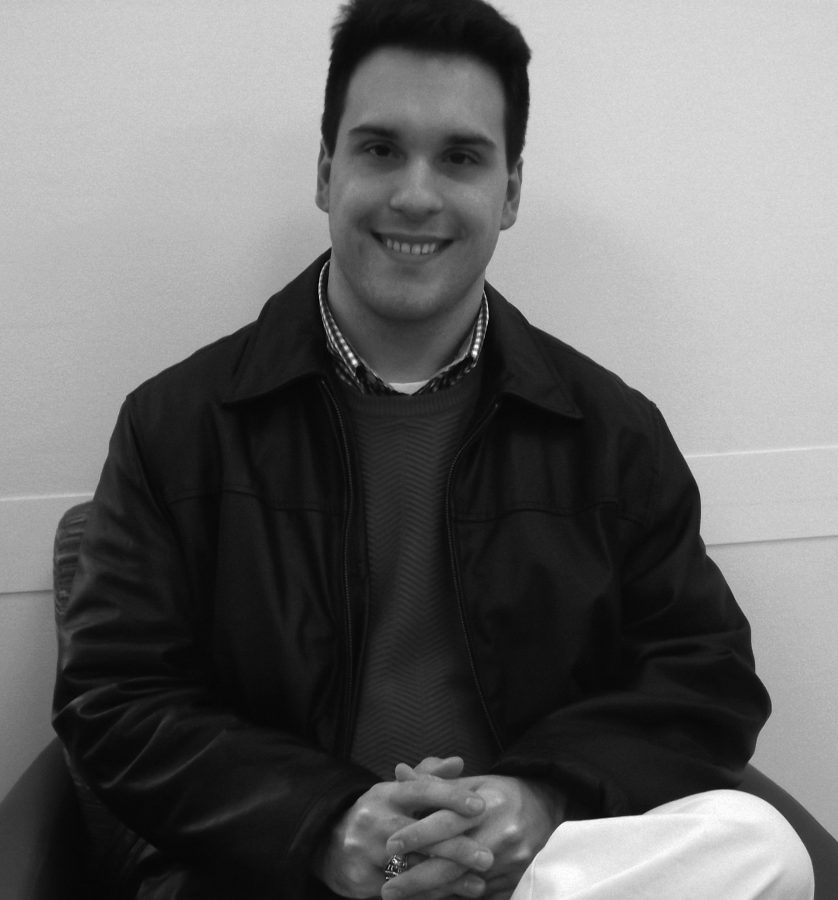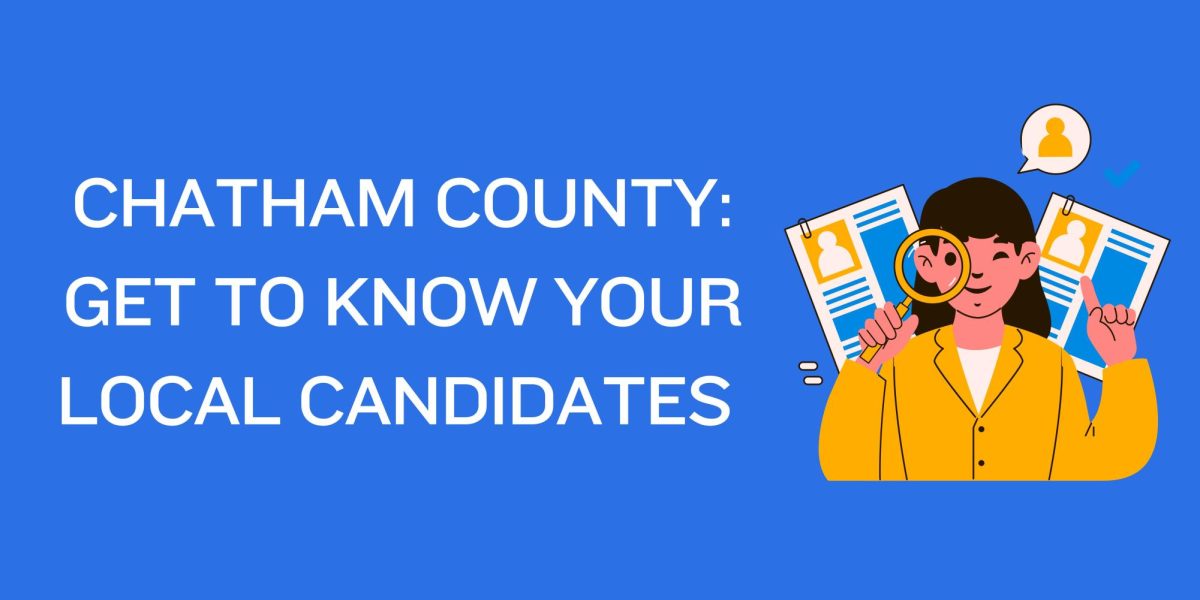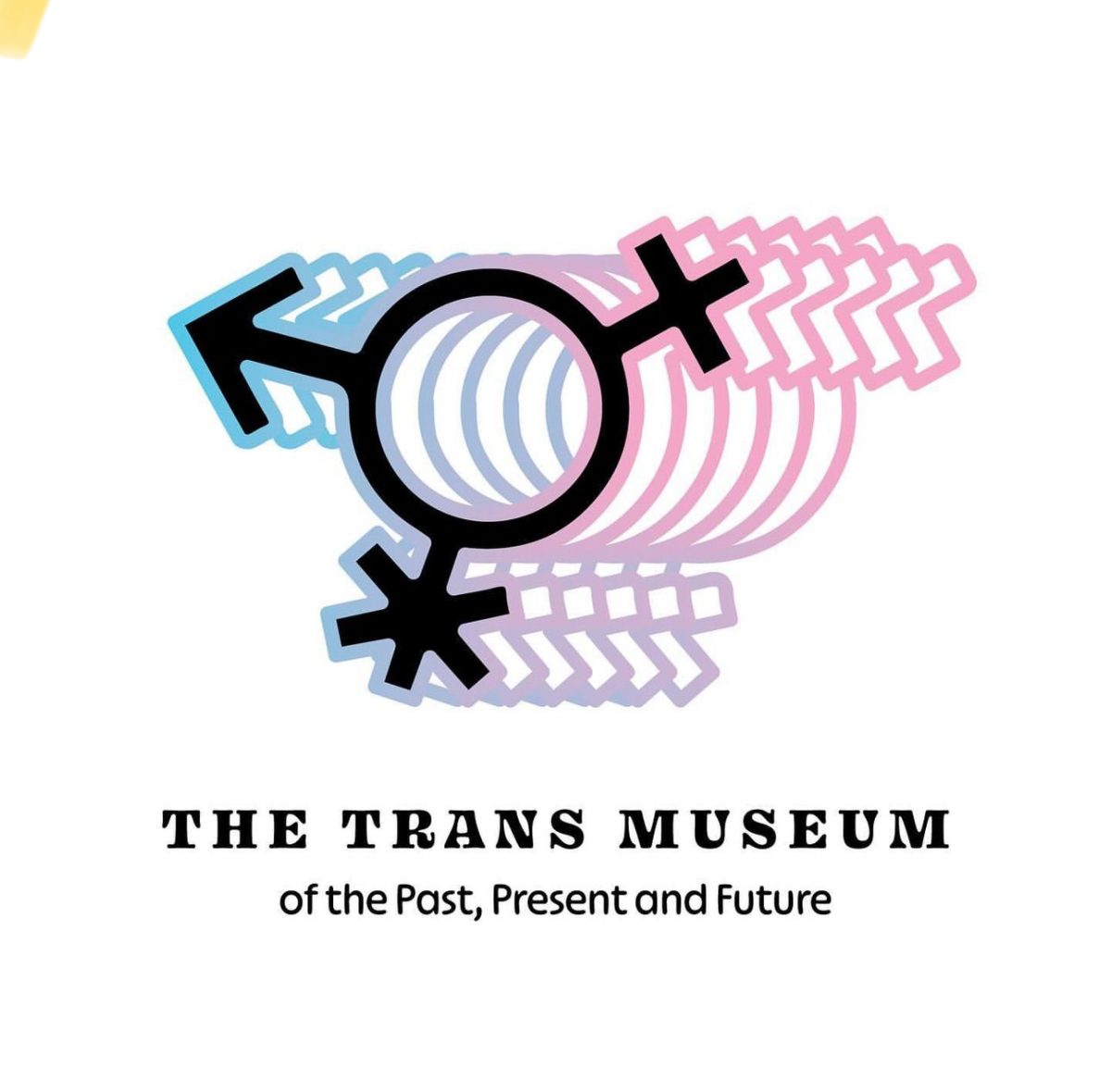
By Ruby Rizvi, News Editor
In 1959, Fidel Castro brought communism to Cuba during the heat of the Cold War and created tension with the U.S.
The Kennedy administration severed all ties with Cuba- politically, socially, and economically in 1961.
Long after the end of the Cold War, the relationship between the U.S. and Cuba remained frozen. Being the poster child of capitalism, democracy, and federalism, the U.S. opposed the governing styles of Castro. Tension between the two countries also increased as Cuba become closer with the Soviet Union.
After a 51-year standing embargo, President Obama and his administration have decided to reconsider the circumstances.
President Obama and his administration had been working to reinstate diplomatic ties with Cuba and December 17, 2014, Barack Obama and Raul Castro announced that the United States and Cuba would restore full diplomatic ties for the first time in more than fifty years. Despite still being a communist nation, the U.S is working to resolve issue that have been around for over half of a century. However, just like every situation, there are those who support and those in opposition.
“Anytime you’re dealing with communism, it’s going to get messy,” said Stephen Grotto, a senior history major here at Armstrong who has extended family from Cuba. “Cuba in and of itself complicated. Cuba isn’t the first country America has tried to take under its wing, and although there are other, more extreme governments out there, such as North Korea, I still think we’re rushing into things.”
Grotto goes on to say that, “As a history major, I believe that anything is possible”. He believes that it’s very possible for the United States and Cuba to be on good terms, but that he feels we should take a more gradual approach to the situation. “We don’t want to induce a culture shock throughout the country. If we’re not careful, we could drastically change all that they’ve ever known, from their education and healthcare systems to how they view their materialist things.”
Zach Machado, a sophomore political science major who also has familial ties to Cuba disagrees. “I welcome it,” said Machado. “The previous policy of economic violence and political passive aggression was not effective in bringing the political change that the U.S. government would like to see in Cuba. If we can have open, favored partner relationships with such politically repressive governments as those of Saudi Arabia, China, and Vietnam, I honestly don’t see why we can’t redevelop relations with Cuba.”
Many in Washington support the move to rekindle relations between the two countries for many reasons. Officials hope to fully lift the embargo and increase trade, a benefit to both economies. The U.S. sees improving diplomatic relations as an opportunity to hopefully re-introduce a more efficient system to govern the country.
As of now, there has been plenty of progress in the efforts between the two countries, including the release of long-held prisoners back into the custody of either country, and the lift of minor trade, travel, and banking bans that the U.S. held against Cuba.
“It’s a double-edged sword,” said Grotto. “Only time can tell whether we’re making the right decision or not.”








